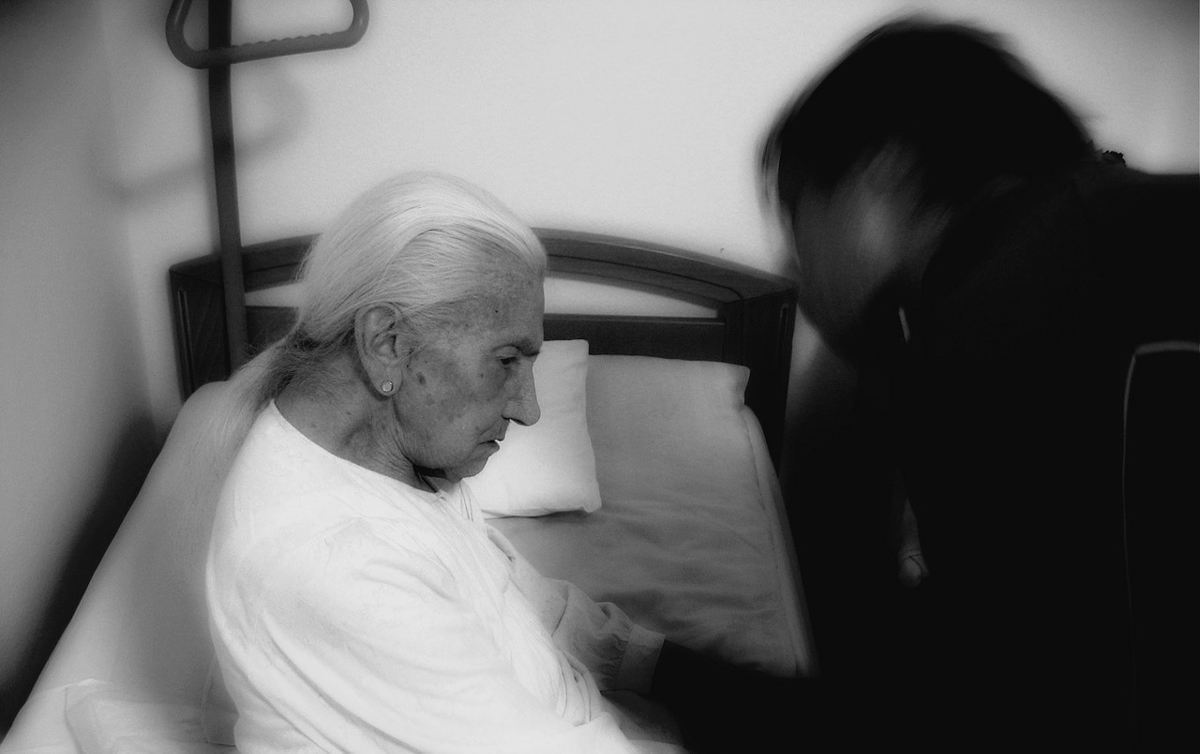
New online support course for memory loss caregivers
By Julene Reese
Caregivers for individuals with Alzheimer’s Disease or other forms of dementia often experience a range of challenging emotions and can become mentally, emotionally, and physically fatigued.
Research shows that if caregivers understand dementia and what to expect and can focus on managing their own stress levels, they do much better over time, both physically and mentally. Learning coping strategies helps them find more personal life balance, even through a difficult life experience, and helps them function better as caregivers.
Because of the need for effective stress management, Acceptance and Commitment Therapy for Caregivers, a web-based online program, was developed to help teach caregivers research-supported techniques for managing difficult situations. Participants are taught stress management techniques that can be applied to the caregiving role or general life stressors. ACT for Caregivers was developed by Utah State University researchers Elizabeth Fauth, Joshua Novak, and Michael Levin, who have collective expertise in both traditional and online delivery of Acceptance and Commitment Therapy and in dementia caregiving. The project is funded by USU Extension. Extension faculty also provided feedback on the development of the program.
Fauth, associate professor, Department of Human Development and Family Studies at USU, said that while caregivers report rewards for taking care of a family member with Alzheimer’s disease or a related dementia, there is significant stress in this role.
“This can include up to 24-hour care, navigating difficult behaviors like them asking the same question repeatedly, agitation, wandering and the loss of the reciprocity in the overall relationship they once had with that person,” she said. “There is often grief, even though the person is still alive, because the person’s abilities have declined from what he or she could remember and do before the disease. In addition, there is often one person doing the majority of the care, and few people are formally ‘trained’ for this role, leaving them feeling underprepared and isolated.”
Fauth said that when people are under stress, they often have negative thoughts, and because these thoughts are uncomfortable, many people avoid them or allow the thoughts to guide them in unhealthy behaviors.
“ACT teaches caregivers to recognize unpleasant thoughts, recognize that they are just thoughts, and encourages behavior in ways that align with what is important to them,” she said.
According to Marilyn Albertson, USU Extension associate professor of family and consumer sciences, the web-based course is set up so that caregivers can take it at their own pace in 10 sessions that take about 20 minutes each to complete, with a few days between sessions to practice what they learned. There is also an online library of resources, videos and articles for caregivers.
“We understand that caregivers have a hard time getting out and going to a class, so an online presentation seemed like the best fit,” she said “This is a research project, so caregivers who participate are asked to fill out several surveys. When they complete the project, they will receive $50 compensation for their time.”
For information on signing up for the course, contact Fauth at beth.fauth@usu.edu or (435) 797-1989; Albertson at Marilyn.albertson@usu.edu or (385) 468-4836; or Alex Schiwal at (435) 915-6207.



